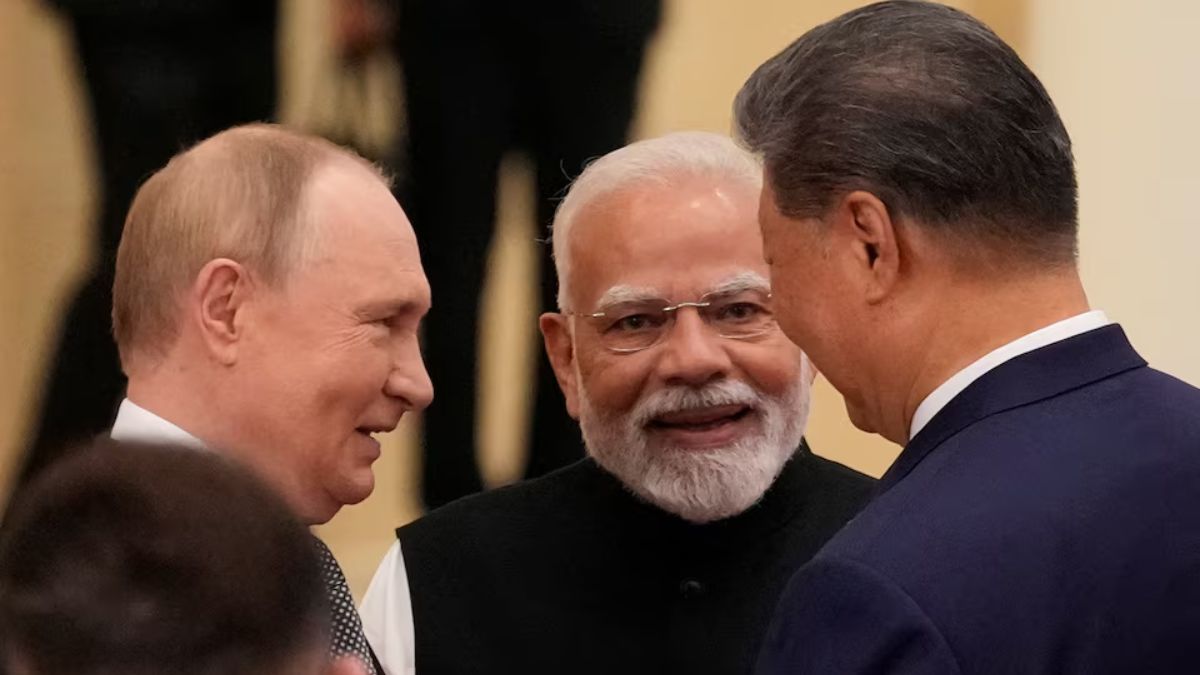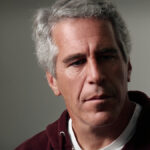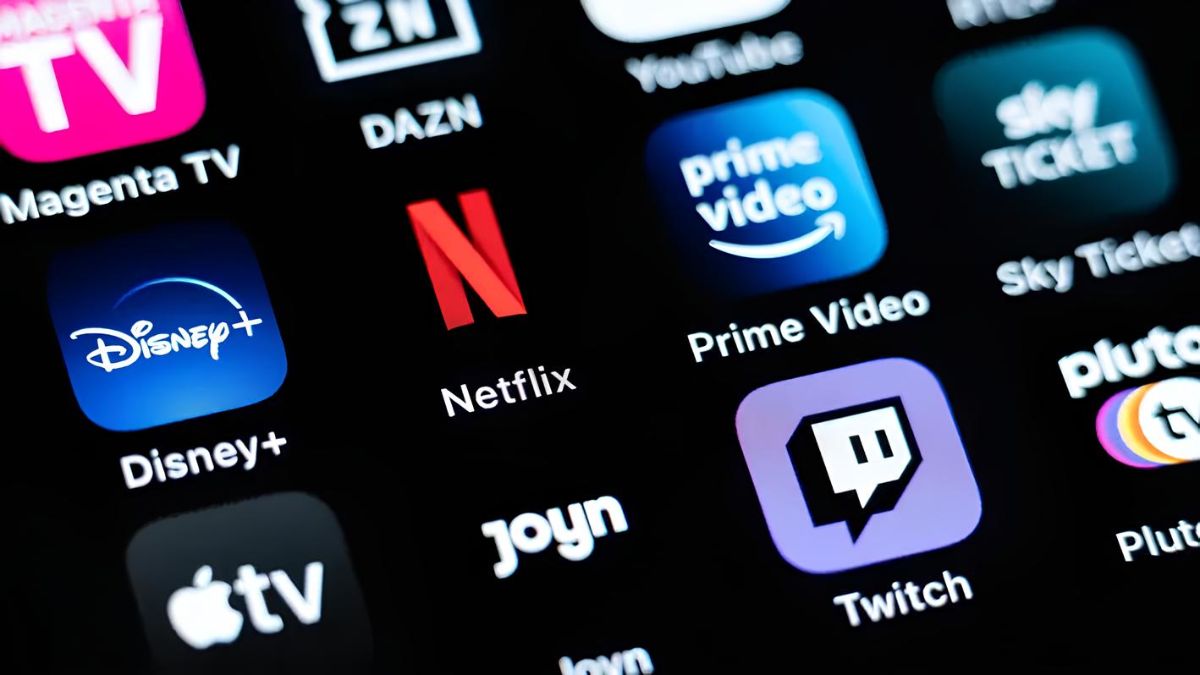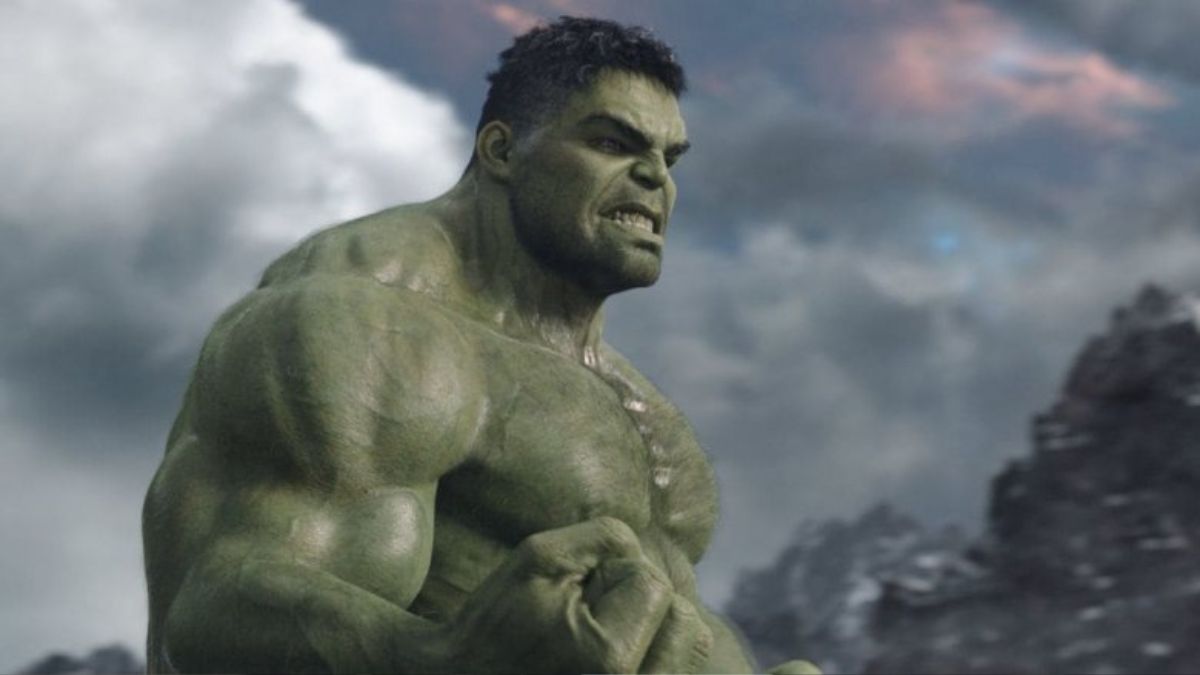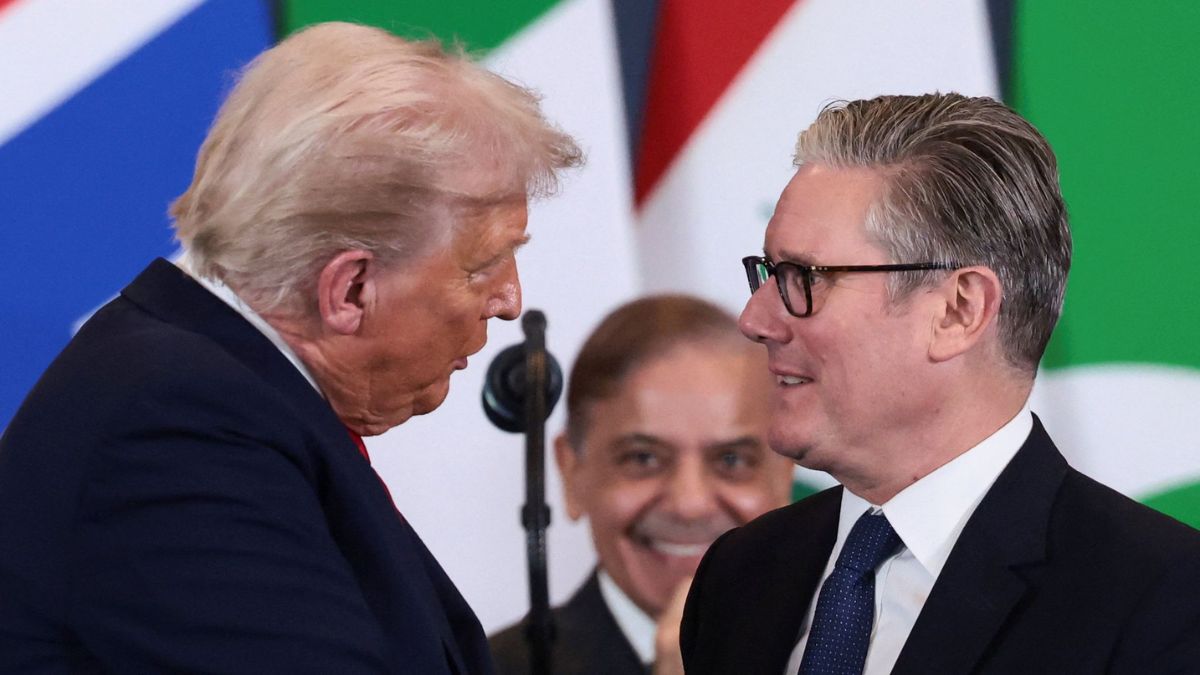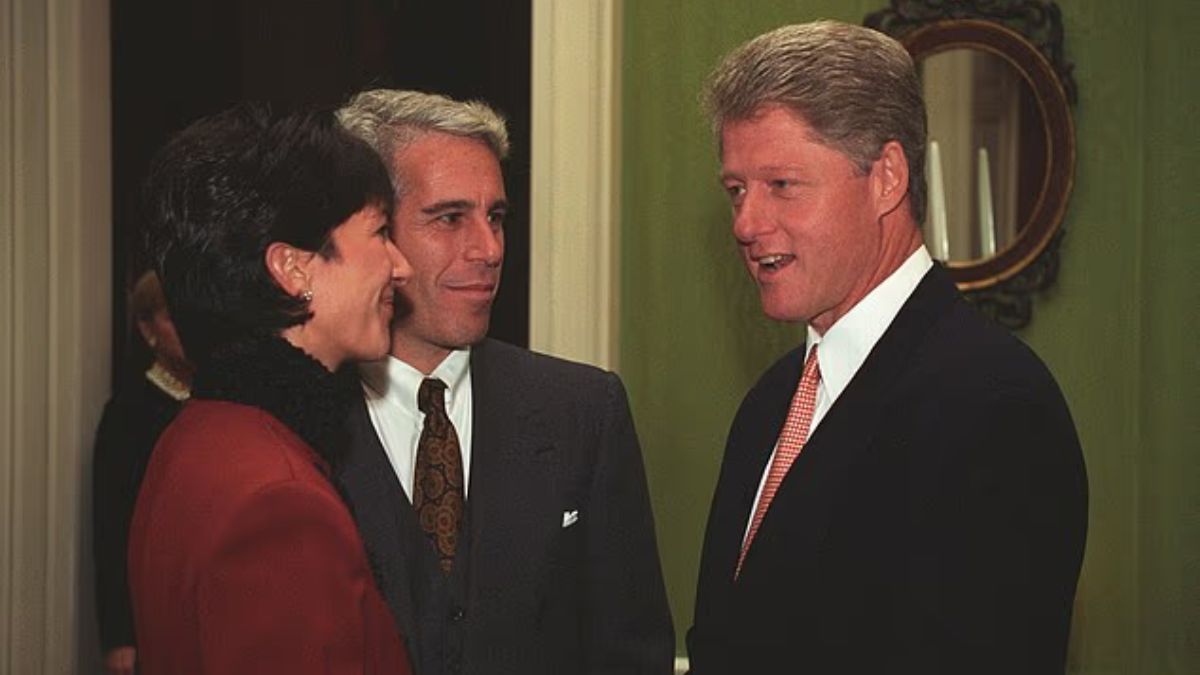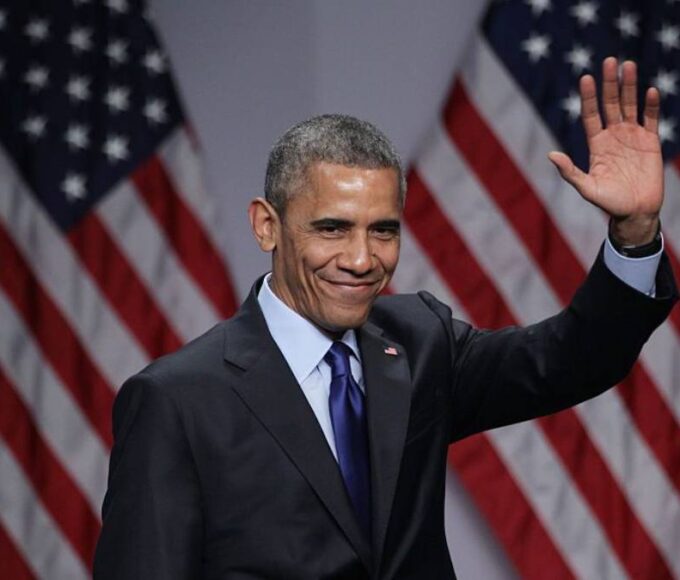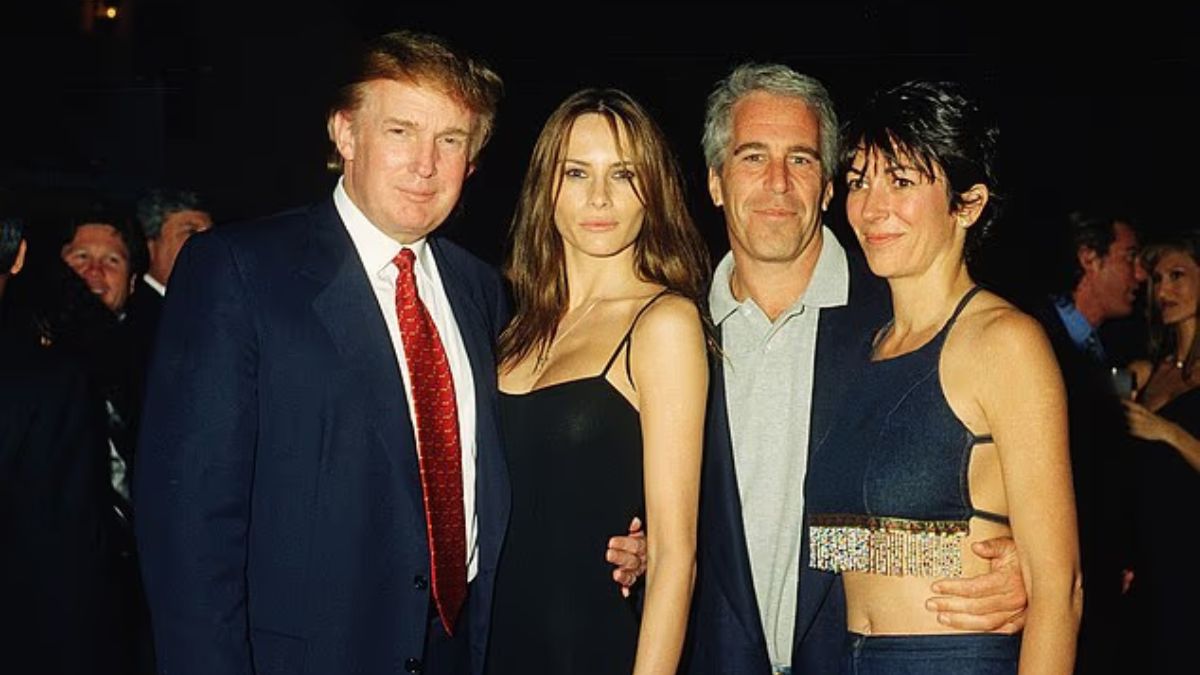The leaders of China, Russia and India sought to project unity at a regional summit in China on Monday, even as longstanding disputes and conflicting interests continued to divide them.
President Xi Jinping of China, President Vladimir Putin of Russia and Indian Prime Minister Narendra Modi greeted each other warmly at the Shanghai Cooperation Organization (SCO) gathering in Tianjin.
Modi and Putin arrived holding hands before joining Xi, exchanging smiles and laughter in a display seen as aimed at signalling an alternative to U.S.-led global leadership.
Analysts said the imagery was carefully staged to show that Beijing, Moscow and New Delhi could find common ground in the face of pressure from Washington, particularly under U.S. President Donald Trump’s trade policies and sanctions.
“Optics is a key part of this summit, and the White House should grasp that its policies will result in other countries looking for alternatives,” said Manoj Kewalramani of the Takshashila Institution in Bangalore.
In speeches, Xi urged members to oppose a “Cold War mentality, bloc confrontation and bullying,” while Putin repeated his claims that the West was responsible for the war in Ukraine. Modi emphasised “multilateralism and an inclusive world order,” underlining India’s desire for a greater role in global affairs.
The meeting, attended by more than 20 regional leaders, highlighted how China and Russia are trying to rally partners such as Iran, Kazakhstan, Kyrgyzstan, Belarus and Pakistan. It also marked a moment of visible closeness between Modi and Putin, who shared a car ride and nearly an hour-long private conversation before official talks. Modi later said “1.4 billion Indians are waiting with excitement” to welcome Putin in New Delhi later this year.
However, beneath the symbolism, serious differences remain. India and China continue to face mistrust over their disputed border, while India is unlikely to offset Western economic ties with Russia, which remains under heavy sanctions. China, despite its close alignment with Moscow, has its own concerns about Russia’s influence over North Korea.
“Optics do little to alleviate the fault lines that exist in the troika of India, China and Russia,” Kewalramani noted.
The SCO summit forms part of a broader diplomatic showcase for Xi, who is also expected to host Putin and North Korean leader Kim Jong-un at a military parade in Beijing later this week.


